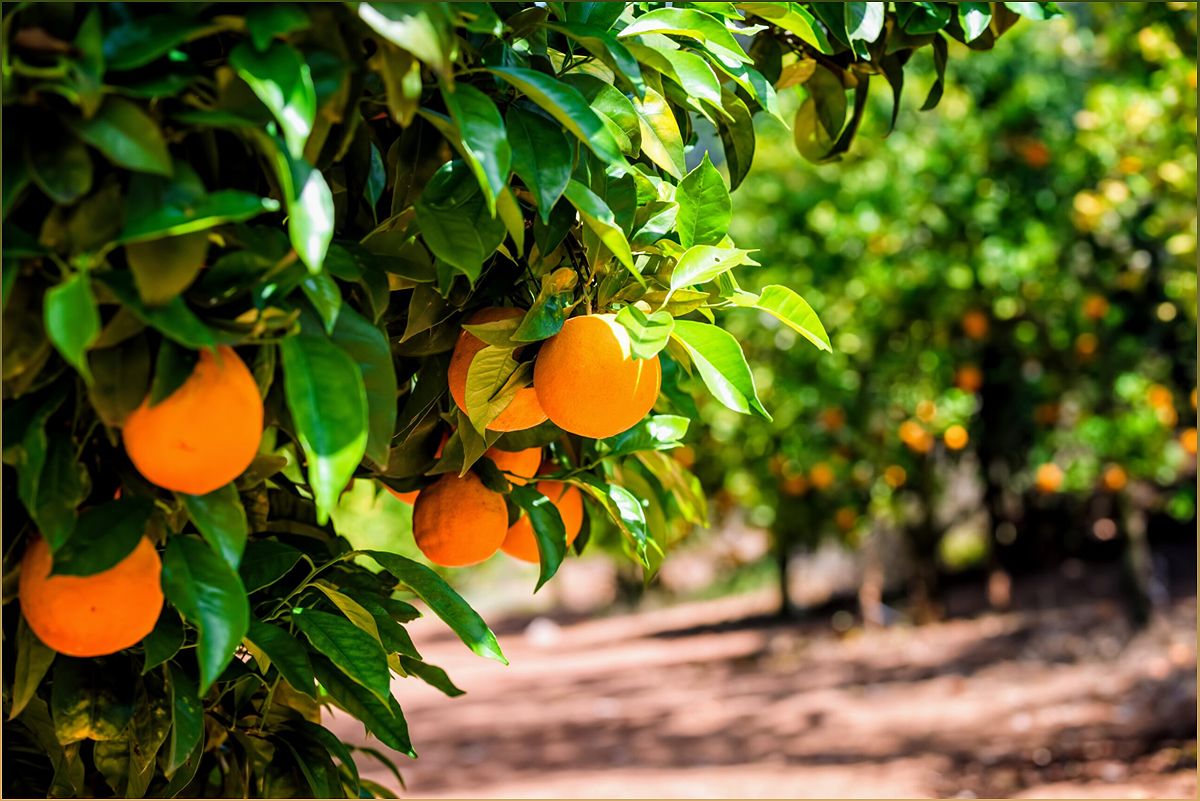A new study reveals that the transition to organic farming can lead to a significant reduction in bat activity. This highlights the need for careful management of farming transitions to minimize negative impacts on biodiversity.
The Impact of Organic Farming on Bat Populations
Organic farming has gained popularity for its numerous benefits, including promoting biodiversity and reducing the use of harmful substances. However, a recent study has uncovered unexpected effects on bat populations during the transition period to organic farming.

( Credit to: Earth )
Researchers found that bat activity was significantly reduced during the transition period, raising concerns about the impact on biodiversity. This highlights the need for careful management of farming transitions to minimize negative effects on bat populations and overall ecosystem health.
The study focused on insect-eating bats in citrus orchards in Cyprus and compared bat activity at certified organic farms, conventional farms, and farms transitioning to organic practices. The findings revealed that three out of the four bat species monitored showed significantly lower activity during the transition period. However, once the transition was complete, bat activity increased, indicating a time-lag before the organic biodiversity boost for the most abundant bat species.
Understanding the Factors Behind Reduced Bat Activity
The researchers were initially surprised by the negative impact on bat activity during the transition to organic farming. One possible explanation is that the sudden cessation of conventional farming inputs, such as pesticides and fertilizers, may disrupt the soil and wider ecosystem, requiring time for recovery.
It is worth noting that the presence of semi-natural areas surrounding the farms did not influence the differences in bat activity during the transition period. This challenges the belief that these areas can mitigate changes in biodiversity during farming transitions.
To mitigate the negative effects on bat populations, the researchers emphasize the importance of carefully managing the transition to organic farming. They suggest avoiding simultaneous transitions at neighboring farms to allow wildlife to find alternative habitats while each farm switches its methods. This approach can help reduce potential negative effects on biodiversity.
The Need for Further Research and Conservation Efforts
This study highlights the need for further research on the impact of farming transitions on different animals and plants. While organic farming is known to promote higher biodiversity, the transition period requires careful management to minimize negative effects on bat populations and other wildlife.
Conservation efforts should focus on creating suitable habitats for bats during the transition period and beyond. This can include providing artificial roosting sites and maintaining diverse landscapes with a variety of food sources.
Overall, the findings of this study remind us of the complex interconnectedness of ecosystems and the importance of considering the effects of farming practices on wildlife. By carefully managing farming transitions and implementing conservation measures, we can ensure a sustainable future for both agriculture and biodiversity.
